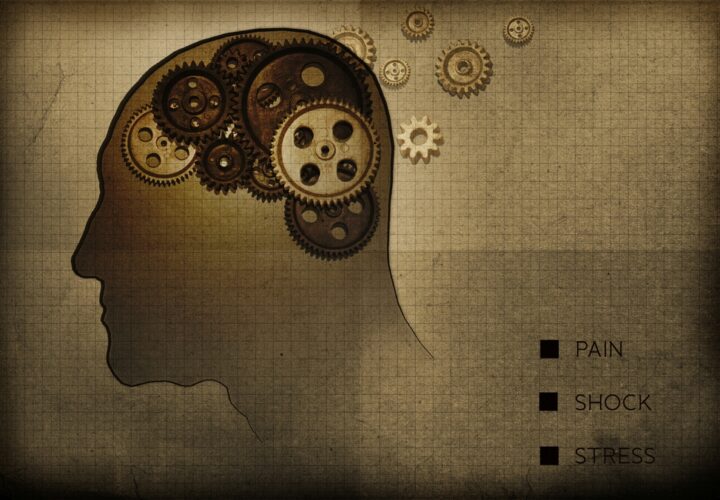When a driver cuts you off in traffic, do you take it in stride? Or do you develop a bad case of road rage? How you handle an unexpected hiccup in your day might be a measure of your brain health, according to a new study.
The study was conducted by researchers at Oregon State University. They followed 111 adults who were between the ages of 65 and 95 for two and a half years. The researchers measured cognition of the participants every six months for six days over a two-week time period. To measure cognition, researchers asked participants to look at a string of numbers, kind of like those on a lottery ticket, and compare them to another string of numbers. This kind of test in the past has shown that disparities in how well participants perform is linked to decreased mental function and a higher risk of dementia, along with actual physical changes in the brain, like a smaller brain volume, that point to deteriorating cognitive health.
Study participants also shared about a stressor that happened that day, either to themselves or a close friend or family member. They chose how they felt on a chart that ranged from positive to negative and ranked the intensity of that feeling along with checking off any physical symptoms.
It’s not the stressor itself that contributes to mental declines, but how a person responds that affects the brain.
The results showed that people who reported more negative moods due to stressors and tended to be in a worse mood in general were more likely to have greater disparities in their cognitive tests. Researchers classified these people as reactive, meaning that their mood was heavily influenced by the events of the day.
“These results confirm that people’s daily emotions and how they respond to their stressors play an important role in cognitive health,” said Robert Stawski, associate professor in OSU’s College of Public Health and Human Sciences and the study’s lead author. “It’s not the stressor itself that contributes to mental declines, but how a person responds that affects the brain.”
When researchers took a closer look at the results, they found that age also was a factor. For people in their late 70s and above, being reactive translated to a poorer performance on the test. But for people in their 60s to mid-70s, having more stressors was associated with a better cognitive performance.
“These relatively younger participants may have a more active lifestyle to begin with, more social and professional engagement, which could sharpen their mental functioning,” Stawski said.
Overall, researchers recommend limiting chronic stress, which has been shown to actually change the brain. While a small amount of stress has been shown to potentially help the brain, long-term stress has a negative effect on the brain’s size and functioning. Studies have shown that a stressful experience like divorce, being fired or the death of a close loved one can age the brain by four years.
This study was an observational study, meaning that while a correlation was shown between negative reactions and poorer brain function, researchers can’t say for sure that reactivity is the sole or even main factor driving the fluctuations in score. In fact, it could be that the beginning stages of dementia, which can show up decades before more interruptive symptoms, might cause the irritability.
Still, we do know for sure that stress is not good for brain health, and limiting your stress and your reaction to stressors could help you maintain a stronger brain.
“We can’t get rid of daily stressors completely,” Stawski said. “But endowing people with the skills to weather stressors when they happen could pay dividends in cognitive health.”



